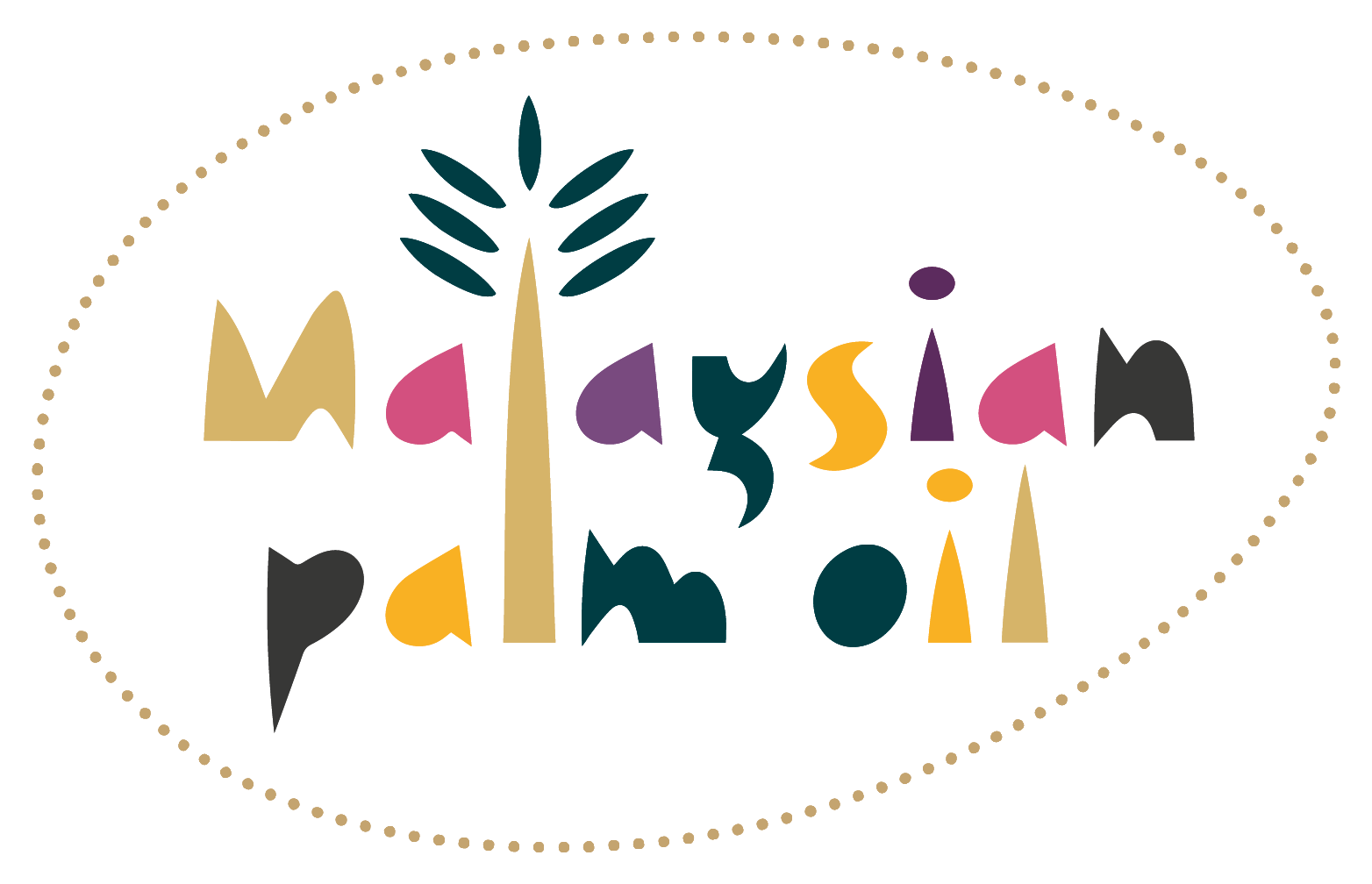MSPO Meets the EUDR Challenge
On 30th December 2025, the European Unionâs EU Deforestation Regulation (EUDR) will take effect.
The EUDR is a non-tariff barrier that impacts products primarily grown and produced in the developing world: Asia, Latin America and Africa.
The EUDR:
Imposes burdens, especially on low-to-middle-income markets
Ignores objections and impact on sustainable development
Increases compliance costs
Creates problems for exporters
Restricts small farmers’ participation
European stakeholders have even expressed their concerns with the regulation.
Malaysia is Ready to Meet the Challenge
The EU Commission heeded the pleas of the palm oil stakeholders, including those by the Malaysian government, to delay EUDR implementation. Malaysia is ready to meet the EUDR challenge if the European Commission is ready to play its part with a key trading partner. Malaysia has:
1
A history of robust laws and regulations to ensure sustainable palm oil production
A mandatory national certification â Malaysian Sustainable Palm Oil (MSPO) â that is in conformance with international best practices and standards. The MSPO is a clear solution for compliance with the EUDR.
2
MSPO is Continuously Improving
No certification scheme is perfect, but MSPO is continuously improving. The question is: will the EU accept that they have written an imperfect EUDR Regulation and now make the necessary changes on risk assessment and certification, through engagement with partners such as Malaysia?
These are Big Questions for Brussels.
Independent Assessment of MSPO Compliance with EUDR

MPOC commissioned the renowned European certification auditor and sustainability expert, Pierre Bois dâEnghien, to author a comprehensive assessment of MSPOâs alignment with EUDR rules. The key findings from the assessment are as follows:
MEETS EU DUE DILIGENCE RULES
MSPO provides adequate information for the EUDRâs due diligence statement, such as product description, country of production, supplier identification, verification of deforestation-free status and legal compliance, and geolocation data.
MEETS EUDR FOREST RULES
MSPO prohibits the conversion of natural forest, protected areas and high conservation value areas after 31 December 2019. Bois dâEnghien emphasised that âthe MSPO requirement meets and goes beyond the EUDR standard.â
MEETS EUDR LEGALITY RULES
MSPO ensures compliance with local, national and international laws and regulations, including those related to land use rights, environmental protection, labour rights, human rights and the principle of free, prior and informed consent. Bois dâEnghien particularly noted the âMSPO contains additional criteria for: rights to use land; and native customary rights.â
EUDR Needs More Work
There are significant areas in which the EU needs to work with Malaysia to find the necessary common ground. The uncertainty from the EU around EUDR and other rules, is not helpful for MSPO or Malaysian exporters:
- The EUDRâs final rules are still unclear and yet to be completely defined, which makes the final compliance uncertain;
- The accuracy and reliability of the EU’s global forest cover map is uncertain, and the EU is promoting it as a tool for importers, despite these uncertainties;
- The traceability and risk assessment of products throughout complex palm oil supply chains will remain problematic, even if there is a guarantee of zero deforestation;
- The exclusion of smallholders is likely to remain a risk, as companies will take the âeasiest pathâ to compliance.
